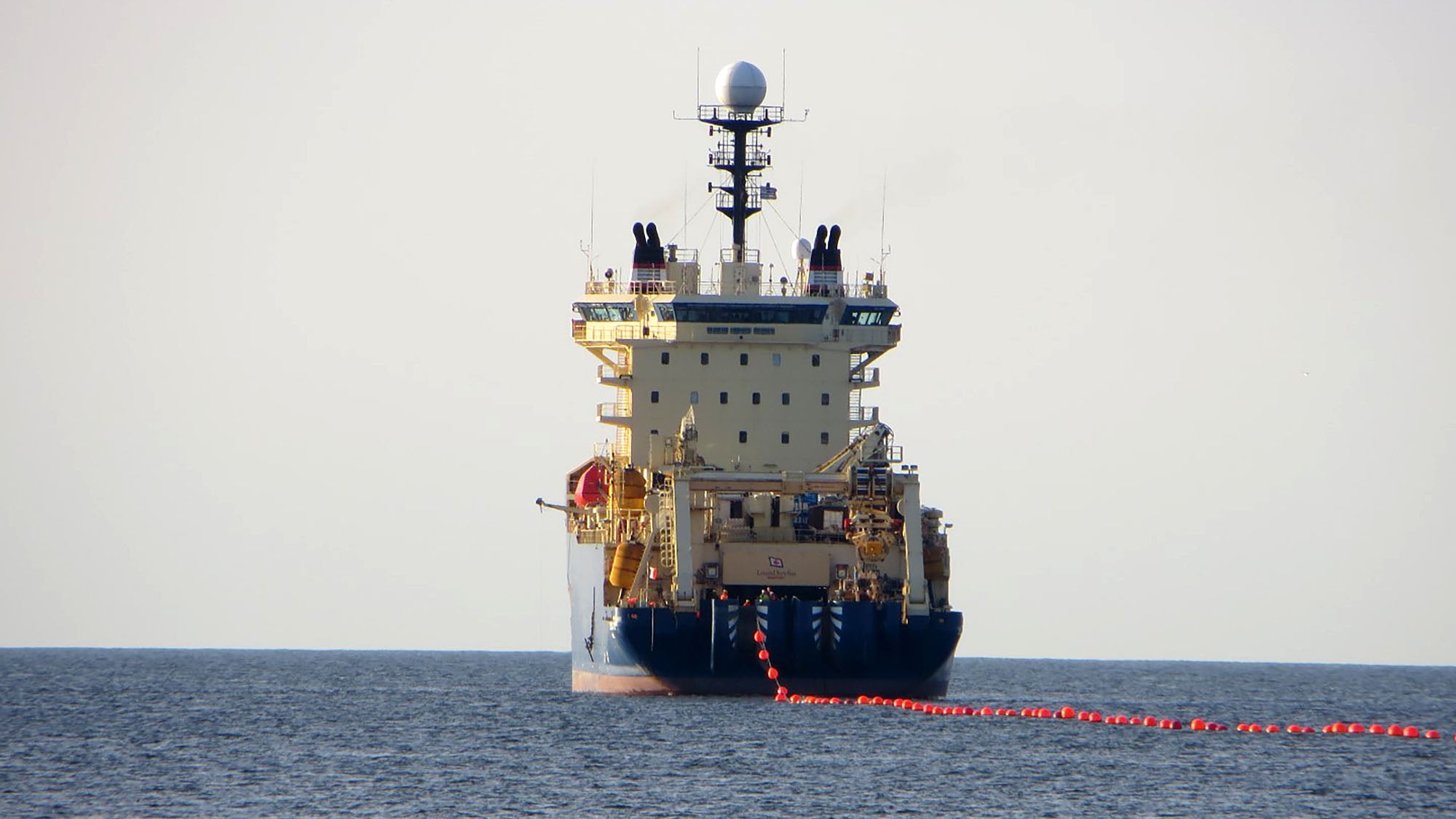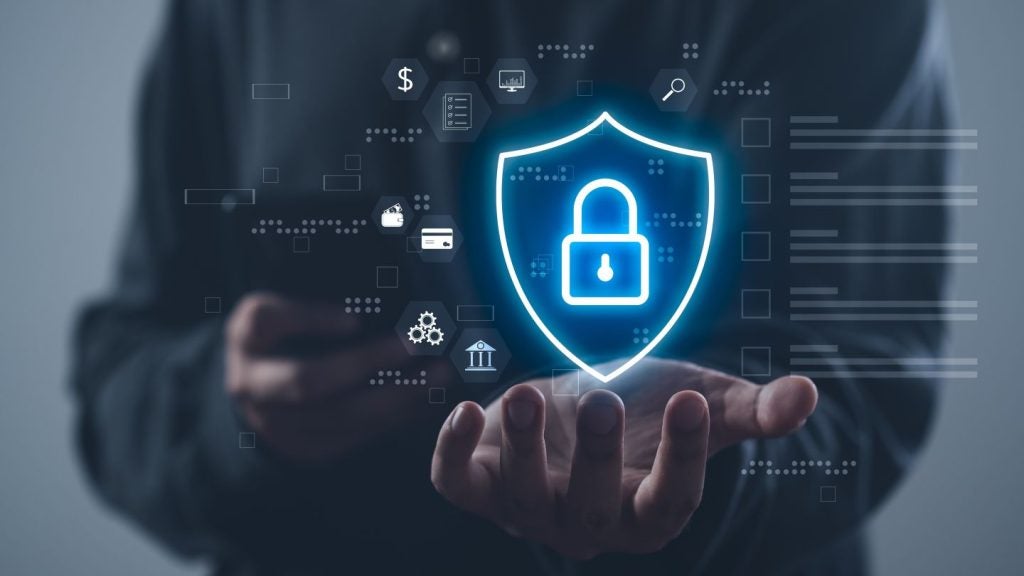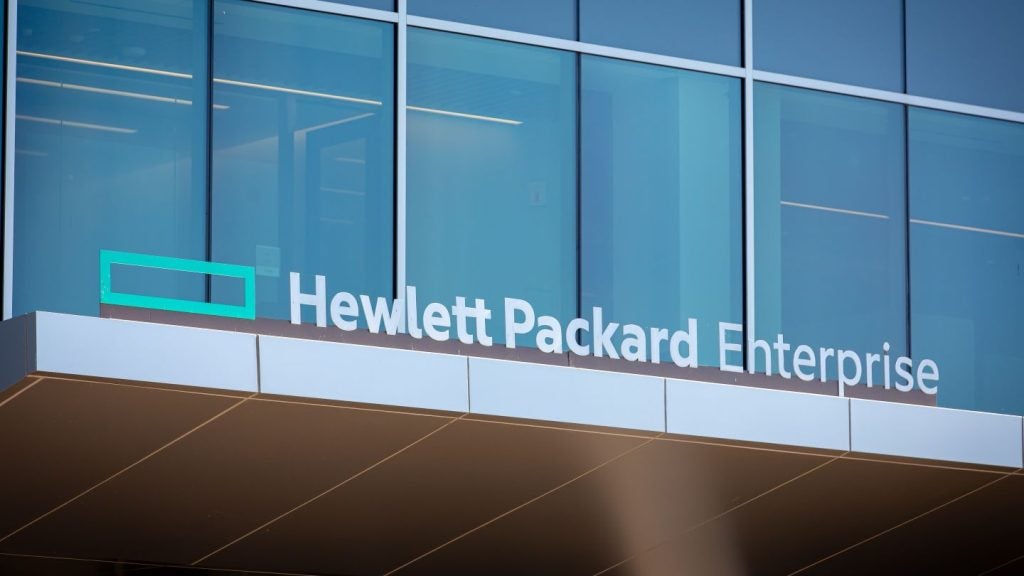
Facebook is planning to build another subsea internet cable between Europe and the US, awarding the contract to Japanese IT multinational NEC.
NEC said in a statement that the “ultra-high performance” transatlantic cable will use 24 fibre-pair cable and repeaters that have a maximum transmission capacity of 500Tbps.
It is Facebook’s latest foray into laying its own private subsea cables, having announced a plan to connect the US to Singapore in March and its role in a consortium to connect the African continent and Middle East region last year. The web giant has also partnered with Microsoft to build the MAREA transatlantic cable, which went live in 2017.
Facebook claims that its new transatlantic subsea cable will provide 200 times more “internet capacity than the transatlantic cables of the 2000s”.
Well over 90% of the world’s backbone internet data traffic travels via undersea cables snaking vast distances across the ocean floor. Web giants and cloud hyperscalers typically require that a region be served by at least three subsea cables before they will place a local data centre, due to the likelihood of cables being damaged by bad weather and ship’s anchors.
There are currently 18 subsea cables connecting the US and Europe operated by multiple carriers, according to TeleGeography’s Submarine Cable Map.
While companies such as Elon Musk’s Starlink aim to provide high-speed internet connectivity via a network of satellites, they are unlikely to replace the current cable system any time soon.
According to GlobalData analysts, “not only is subsea capacity more in demand than ever, but these deployments are also serving as an ideal technological proving ground”.
Facebook’s announcement is the latest example of Big Tech companies controlling more of the internet’s infrastructure. In former times submarine cables were laid by telcos, often working in consortia, but in recent years the cloud and web giants have often stepped in to build the infrastructure they need to reach new customers.
NEC has been supplying submarine cable systems for more than 50 years and says it has built more than 300,000km of cable.
Facebook has been one of the most prominent Big Tech players in the subsea cable space, announcing in 2020 plans to build a 37,000km undersea cable to serve Africa, known as “2Africa”, to be operational in 2024.
This year it announced additional branches that extend connectivity to the Seychelles, the Comoros Islands, and Angola. It also added a new landing in South-east Nigeria.
In 2013 the social media behemoth launched a division called Facebook Connectivity with the goal of improving internet connectivity and performance around the world. This includes developing new connectivity technologies, such as a robot dubbed “Bombyx” that is designed to wrap overhead power lines with fibre cable as it slides along them.
While Facebook says it has so far given more than 300 million people access to a faster internet and wants to do the same for the “next billion people”, this programme also aligns with its own business interests.
More people connected to the internet means a larger market for Facebook’s family of apps, which include Instagram, Messenger and WhatsApp.
Facebook revealed plans for its US-Europe subsea cable last week during its “Inside the Lab” event. Its engineers said they were also exploring new ways to power subsea cables.
“Consider, for instance, a transatlantic cable that runs between Europe and the United States at over 7,000 kilometres in length, and all those repeaters getting their electricity through the cable from shore. This makes the cable a very long power cord,” Facebook said.
The company said it was looking at floating buoys that can “deliver power to the repeaters from the middle of the ocean”. These could be powered by a “combination of wave energy converters and solar panels”.
Private internet cables appeal to tech giants because they can be built to their own specs, compared to an external carrier. Google and Facebook – whose businesses depend on content delivery – do not sell capacity on their own private cables or cable pairs, which means they are not telecommunications companies and therefore not regulated as such. It also means they can keep their own dedicated capacity.
Subsea cable links are often entwined with geopolitical issues. For example, Facebook’s plans for a direct US-China connection were blocked by the US government last year due to concerns over espionage, accentuated by ongoing trade tensions between the two world superpowers.







